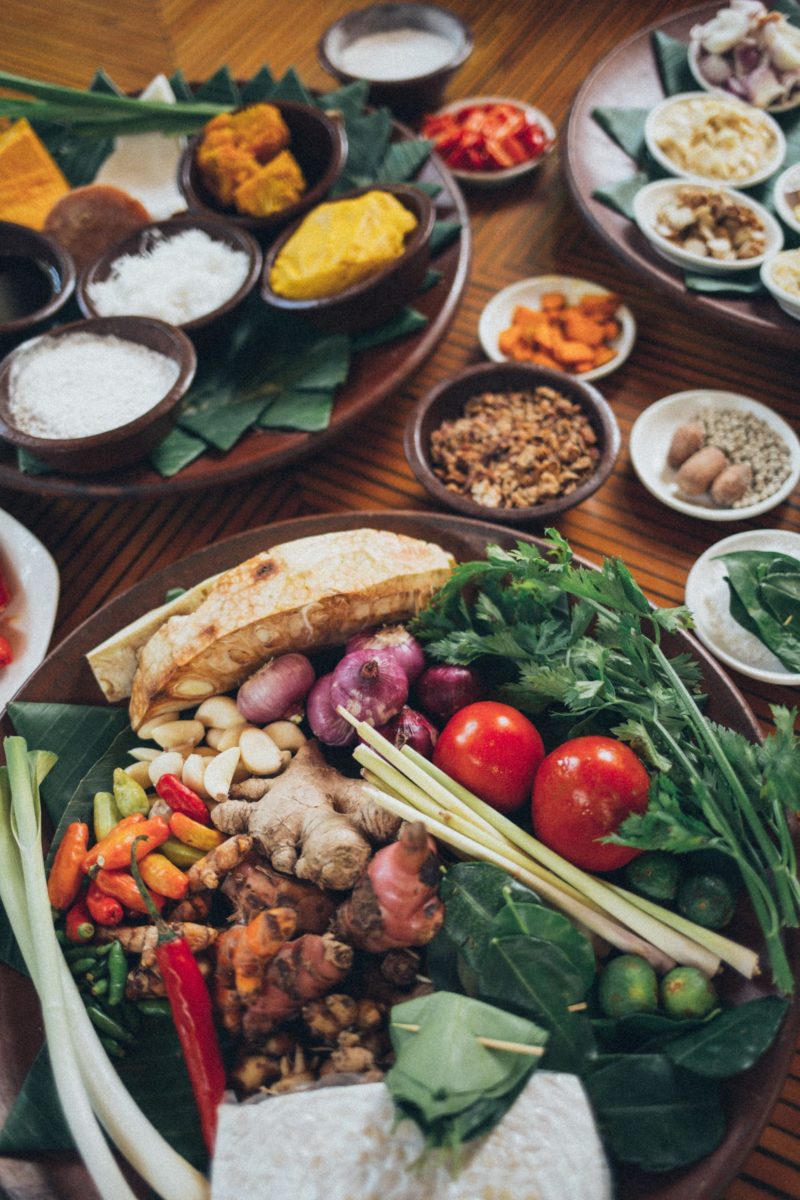Let thy food be thy medicine and thy medicine be thy food advised Hippocrates more than 2000 years ago. And certainly food is the most important source of all the components that make up the human body. Food is also one of the basic necessities of mankind that provides energy to develop and maintain life. But these foods can sometimes cause certain abnormal reactions in the body when the body treats any substance contained in this food as a threat. It has been found that only 2 to 8 percentages of people have clinically proven allergic reactions to food. The reason is that people always fail to distinguish between food sensitivity and food parochialism..
What is Food Sensitivity?
Food Sensitivity/Food Allergy is an unpleasant reaction of the immune system after a certain food is eaten. Food allergies develop in stages. When our body encounters a foreign substance i.e., an allergen it gives signals to certain cells to make antibodies against it so there is no allergic reaction in its first exposure. But if the substance again enters the body the already programmed antibodies tend to attack against it and will result in a reaction.
Common Symptoms –
When our body takes action against these allergens certain symptoms are produced. There are many symptoms of food sensitivity like
• Nausea
• Vomiting
• Diarrhea
• Constipation
• Indigestion
• Headaches
• Skin rashes
• Itching
In severe cases symptoms like shortness of breath arise which may lead to asthma attacks and swelling of skin and mucous membranes and throat which can block airways to the lungs. In most severe cases a life threatening collapse of the respiratory and circulatory system called anaphylactic shock may develop. Some people can tolerate these symptoms as their quantity will be negligible but in others it can cause severe or a life threatening reaction.

Here are some of the common foods which can cause allergic reactions.These foods account for about ninety percent of allergic reactions.
- Milk and milk products
- Eggs {mainly egg whites}
- Soy and soy products
- Wheat and wheat products
- Peanuts
- Candy and baked goods
- Seafood {especially fish}
How can we Diagnose Food Sensitivity?
Some allergens can be easily identified as the irritations occur immediately after eating the offended food. Then you can adopt preventive measures like not consuming the particular food or sometimes cooking can to a certain extent reduce the allergic properties. On the other hand some allergens are not readily identified. In such cases we should seek a doctor’s advice. And in certain complicated cases some tests may be needed. The common tests are –
- Skin test
- RAST(radioallergosorbent test)
- Medically supervised elimination and diet and challenge tests
However doctors do not completely understand why so many people have allergies but an exceptional factor is heredity which is an important consideration. If parents have allergies children will always have them. Food allergies in children tend to lessen as they grow.And once these allergies are identified eliminating the food from diet may solve the problem.
Food Parochialism
Food parochialism is a condition when one feels difficulty in digesting certain food items. It is different from food sensitivity. Food parochialism/intolerance is a problem related to the digestive system but food allergy is related to the immune system. Food parochialism can also occur by overeating a particular food. It is noted that a person who lacks certain enzymes in his body may be less able to digest certain foods. The reaction occurs sometimes after eating the particular food. It occurs mainly while consuming protein-rich foods or carbohydrate rich foods .Sometimes artificial sweeteners or flavors in foods can also cause food intolerance. Eating raw garlic may lead to indigestion and I’ve mentioned this in my previous blog.

Symptoms and treatment of Food parochialism
- Stomach pain
- Diarrhea
- Fatigue
- Excess gas
- Bloating
These symptoms may not be life threatening or severe. In most cases it can be cured by home remedies but sometimes seeking medical advice is important. The best way to cure food parochialism is to avoid the particular food or to consume it less. One can take medicines which will improve the digestion capacity of the body. Clearing your stomach once every two months may help remove all the unwanted toxins and keep your gut stronger. Also one should consume food according to the climate i.e. during summer our body needs to be kept cool and during winter it needs warmth. Eating a balanced diet can prevent food intolerance.
Food sensitivity and food parochialism are often confused with each other. Food sensitivity involves the body’s immune system whereas the other indicates the body’s inability to digest or absorb certain food substances.It is necessary to differentiate both and take correct medical advice to avoid complications in future.
Eat Healthy, Be Happy!




Good
Thank You
Informative article.
Thank You kochacha
Good information
Thank You Sumi
Nice topic selection. 👍👍 and good information
Thank You Lytha
Super chechi, Good Information. Keep going.
Thank You Mittu
Very informative
Thank you
Good, very important information
Thank You